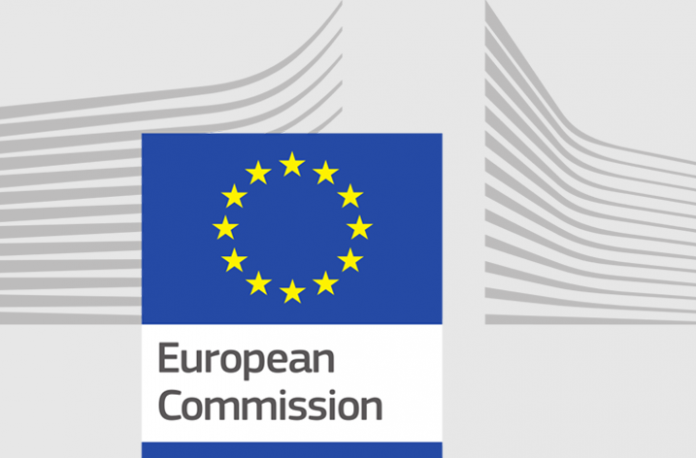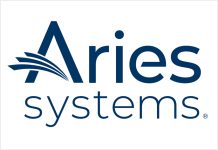
Today, the European Commission launched Open Research Europe, a publishing platform for scientific papers that will be accessible to everyone. The platform will present the results of research funded by Horizon Europe, the EU research and innovation programme for 2021-2027, and its predecessor, Horizon 2020.
Open Research Europe will give everyone, researchers and citizens alike, free-of-charge access to the latest scientific discoveries. It directly addresses major difficulties often associated with publishing scientific results, including delays and barriers to the re-use of results and high costs. The platform is an optional service for Horizon Europe and Horizon 2020 beneficiaries so that they can comply with their funding requirements for immediate open access, at no cost to them.
Approximately 40 scientific papers from very diverse fields of research have already been submitted and are available for the scientific community to read and review.
Mariya Gabriel, Commissioner for Innovation, Research, Culture, Education and Youth said: “We need to accelerate scientific discovery through more collaborative and open research practices. By helping researchers to publish in open access, Open Research Europe removes the barriers to knowledge flows and cultivates scientific debate. This is just the beginning. We will gradually build the reputation of the platform as the publishing venue of choice for the researchers of Horizon 2020 and Horizon Europe, and ensure it becomes deeply embedded in the European Research Area.”
Supporting open science and transparency in the scientific publishing process
In the Communication ‘A new ERA for Research and Innovation’, the Commission introduces Open Research Europe as an open access publishing platform for the publication of research stemming from Horizon 2020 and Horizon Europe funding across all subject areas in science, technology, engineering and mathematics, as well as social sciences, arts and the humanities.
Open Research Europe will not only contribute to open, fast and cost-efficient scientific publications. It will also make it easy for beneficiaries of Horizon 2020 and Horizon Europe to comply with the relevant open access terms of their funding: immediate open access, as required by Horizon Europe and automatic submission in a general purpose repository (for comparison, Horizon 2020 permitted a 6-12 month embargo period). Open Research Europe will offer researchers a publishing venue to share their results and insights rapidly, and facilitate open, constructive research debates. The platform features a wide range of metrics to measure the scientific and social impact of articles and provide information of their use and re-use.
In taking up a new role, the Commission intends to lead by example in actively supporting open science practices and promoting transparency in the publishing process. It aims at inspiring other funders, in particular at national level, to do the same. By integrating Open Research Europe into Horizon 2020 and Horizon Europe the Commission is bringing innovative solutions in scholarly communication to the next level.
Background
Currently, 91% of all publications and 95% of all peer-reviewed publications funded by Horizon 2020 are open access, extremely high percentages globally. Nonetheless, the ambition is that all scholarly publications stemming from the research funding of the Commission are open access. In particular, the aim for Horizon Europe is that publications will be openly accessible from the moment they are published, which the platform enables.
Open science is an approach based on open cooperative work and systematic sharing of knowledge and tools as early and widely as possible in the research process. It makes research and innovation systems more efficient and creative, and reinforces excellence and society’s trust in science. This is because opening and sharing research results and data, making them re-usable and reproducible, and having access to research infrastructures provide the basis for peer scrutiny and scholarly debate, which ensure quality and efficiency in taking research reflections, analysis and innovation further.
The EU’s response to the coronavirus pandemic has shown the potential of open science to increase collaboration, illustrating how immediate open access to publications and data has been crucial in helping researchers to find new treatments, diagnostics and vaccines. Open Research Europe is taking the next step in this process.
The Commission has tendered the service and hired an experienced contractor, F1000 Research.


























